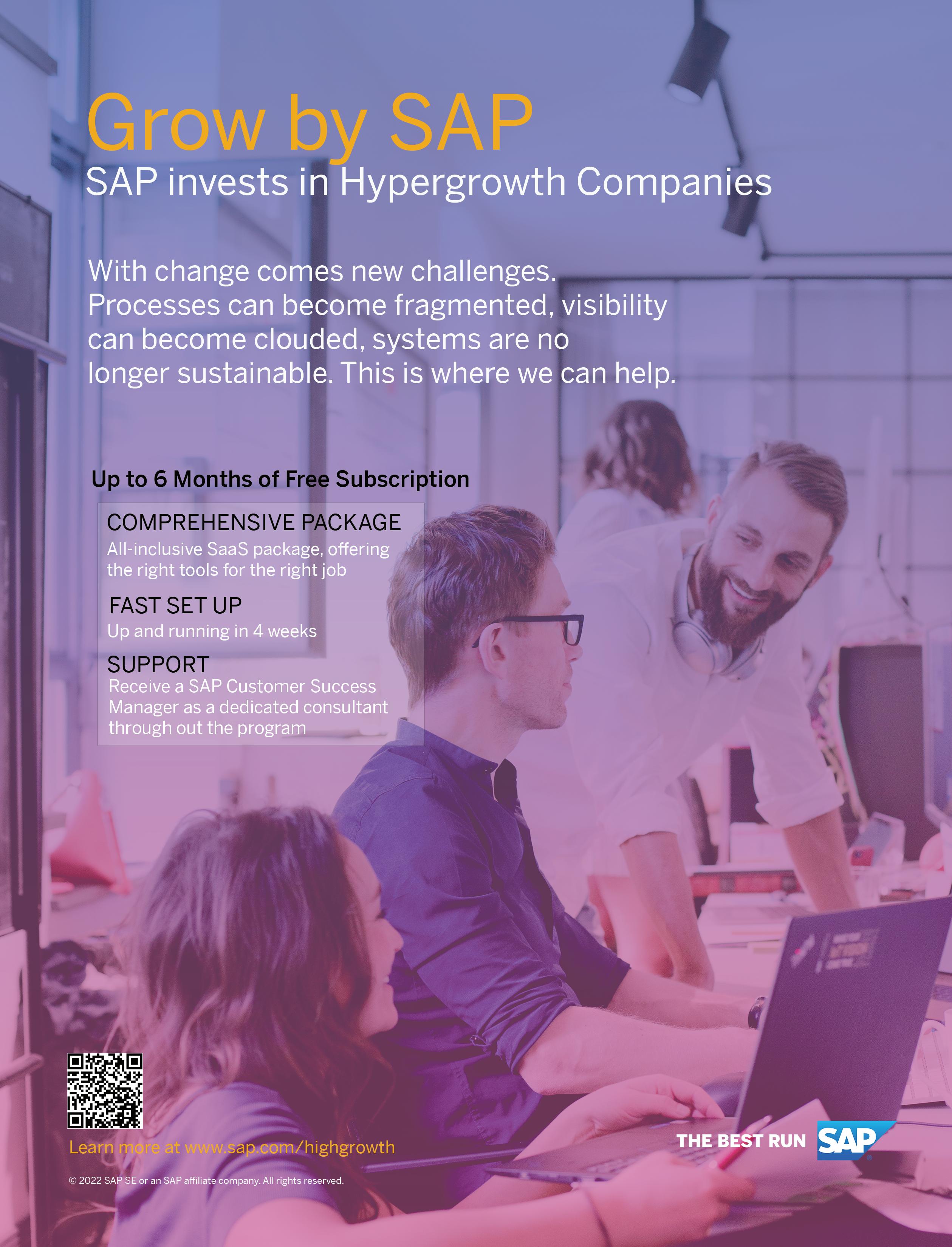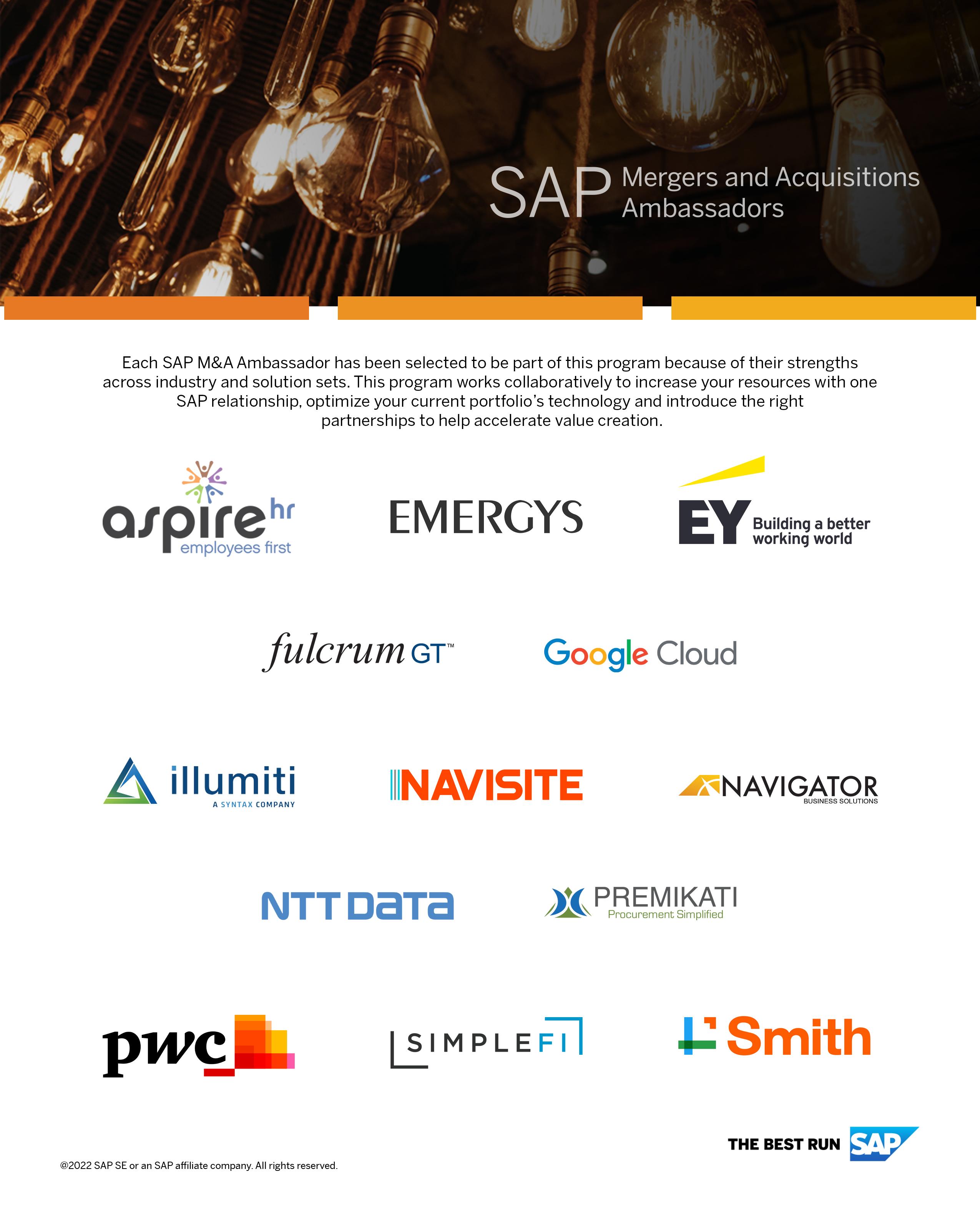
4 minute read
The Watch List: The Top 5 Employee-Related Risks
THE STAND-UP // Watch List
QBE North America
Advertisement
‘The Great Resignation’ and the Top 5 Employeerelated Risks That Most Worry Midsize Companies
LUCAS PRAHL
SVP, Property and Casualty, QBE North America
The Great Resignation, or The Big Quit, that started in 2021 continues to be a top challenge for companies in 2022. In May of this year, 4.3 million employees quit their jobs, up from 3.8 million in May 2021, according to the Bureau of Labor Statistics. This trend is especially challenging for midsize company leaders, who already have many worries involving their staff.
In QBE’s annual survey, commissioned in partnership with the Association for Corporate Growth, midsize company leaders were asked about their largest concerns, along with 94 underlying micro risks, to better understand their challenges. More than half of the top 10 micro risks related to employees.
Here is a quick look at the top five employee-related micro risks that middle-market leaders worry about:
1. Fraud and theft: The temptation for both internal and external actors to commit fraud tends to rise during times of economic stress, and today’s high inflation and declining real wages and financial markets certainly make this a stressful time. The shift toward more working from home further amplifies the concern, since employees have a greater opportunity to act discreetly. 2. Working-from-home cybersecurity: When asked about specific risks related to the COVID-19 pandemic, executives ranked cybersecurity due to remote/hybrid work arrangements highest. This concern may have also contributed to cyberattacks
in general being ranked as the top digital risk and top micro risk overall in the survey. 3. Attracting and retaining top talent: Many workers who lost their jobs during the height of the pandemic have retired early or are hesitant about returning to work due to lingering health concerns. Competition for talent remains fierce.
4. Accidents/health issues/workers’ compensation:
A fast-emerging concern is the long-term health and safety of people working at home. Employers have less ability to control ergonomics and determine work versus personal activities in the event of a claim. Due to the labor shortage, those who do go to their workplace encounter risks when they must do more than usual or handle tasks for which they are not properly trained. 5. Diversity and inclusion: Internal bias and lack of a diversity framework also ranked among the top organizational concerns for midsize businesses.
Companies and regulators alike are more focused on diversity and inclusion. As an increasing number of companies reevaluate their own policies and practices, this will likely remain an important priority for business leaders to pursue.
With people leaving their jobs at a rapid rate, employers have many reasons to closely examine how to keep their employees happy and mitigate the risks that most concern them, especially since COVID-19 risks continue to evolve. Conditions can vary greatly by industry, and midsize companies can find powerful allies by seeking insurance brokers and carriers that have developed industry-specific expertise along with robust engagement practices for their underwriting, loss control and claims teams. //
LUCAS PRAHL is SVP, property and casualty, for QBE North America, a global insurance leader focused on helping customers solve unique risks to enable a more resilient future.
Midmarket Strategic Innovations:

An SAP Team Integrating Advisory and Technology across the Investment Lifecycle
SAP understands the role private equity plays in the midmarket with high-growth companies and has created a team focused on serving the needs of private equity firms and their portfolio companies. We have also interlocked our partner ecosystem and advisory organizations to come together and align on one cohesive solution.



We inform you
External ambassadors providing insights to private equity and advisory firms. We enable you
We provide industry, intent, and install base data as well as product expertise. We engage with you
We orchestrate relationships with private equity firms and midmarket companies.
How Do We Bring Value to Your Firm?
Building relationship capital throughout the investment lifecycle
Access to a network of resources across SAP and the SAP ecosystem Identify areas to de-risk acquisitions due to technology disruptions
Ensure increased operational efficiency
The SAP M&A Ambassador Program is a consortium of SAP and SAP Partners servicing the Private Equity Operating Partner throughout the investment lifecycle, from the due diligence process to the exit. SAP Technical Advisory Program is a focused offering to selection and advisory firms enabling them on SAP capabilities across industry and line of business. The program’s foundation is built on relationship capital through solution education, demand generation, and new engagements.
To learn more or to contact us, please scan:


People First
INSIGHTS INTO FOSTERING EFFECTIVE WORK CULTURES AND CAREER ADVANCEMENT

24
26 CHOOSING LEADERS FOR YOUR NEXT PHASE OF GROWTH
The employees who got your company to where it is today aren’t necessarily the ones to steer it going forward.
28
PEER PROFILE: NORWEST EQUITY PARTNERS’ BILLY HEGEMAN
NEP’s newest operating advisor shares his philosophy for developing a digital transformation road map across a variety of business models.
ON THE MOVE
Recent hires and promotions, including PE operating partners, advisors and C-suite executives.










